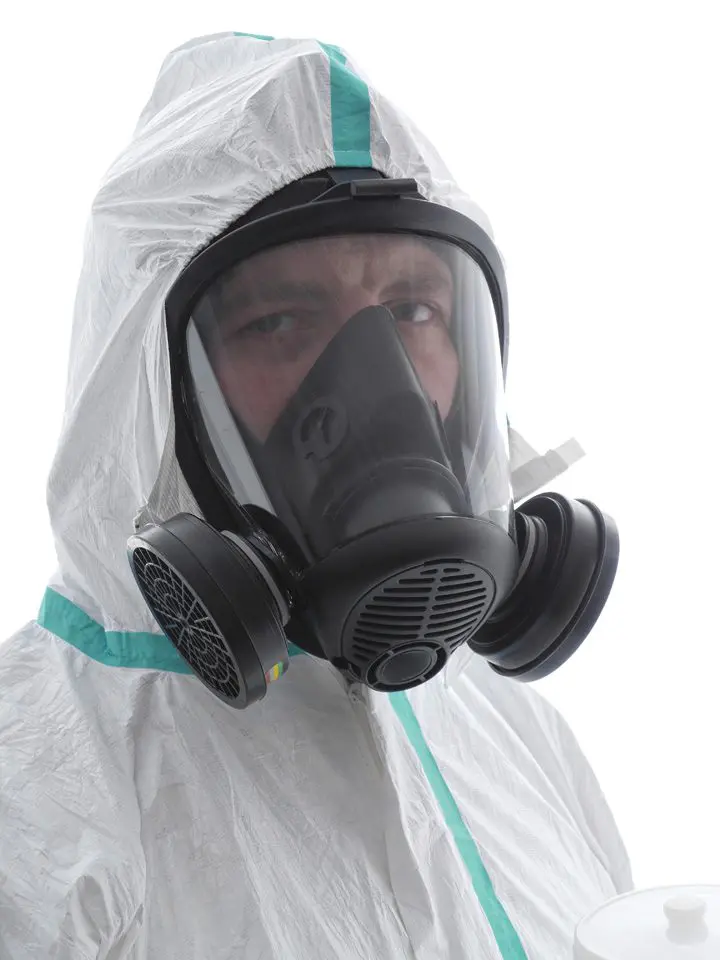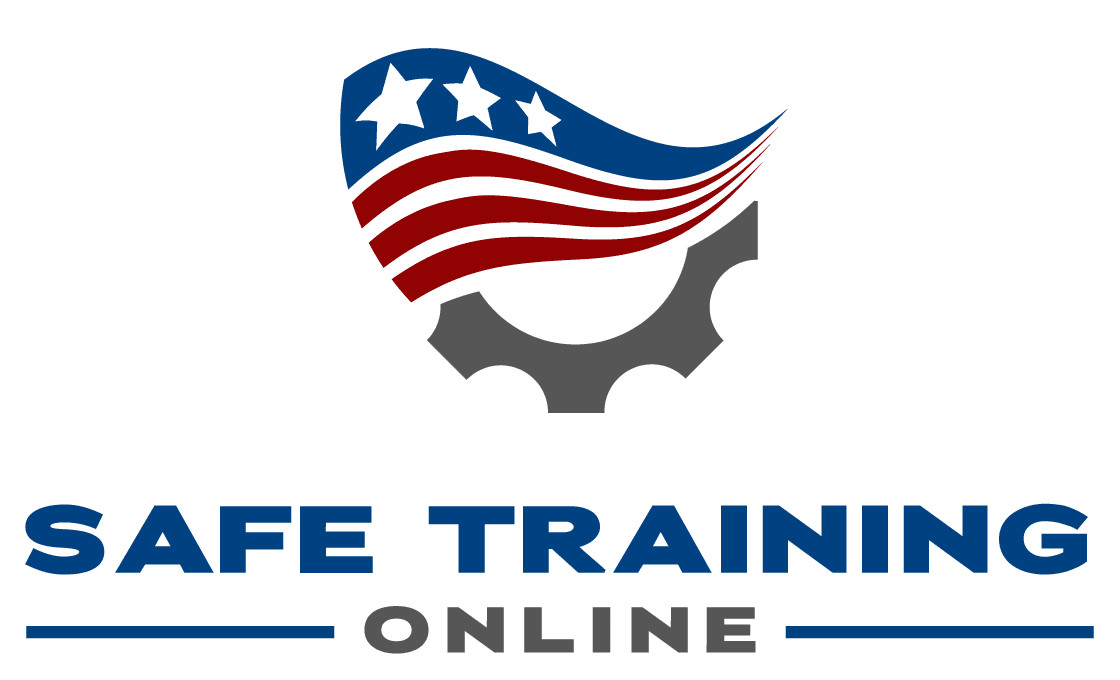Propane Handling & Exchange Safety Training
Propane Handling & Exchange Safety Training
Safe Training Online USA
When you work around gas, you should always make sure you understand the risks involved. Gas leaks are dangerous and can cause fires, explosions, and even death.
In order to protect yourself and others from these dangers, you must learn how to handle and exchange propane safely. Propane safety training will teach you everything you need to know to ensure your safety and the safety of everyone else around you.
This article will walk you through the benefits of propane handling and exchange safety training and explain why it’s important for every employee who works around propane.
Importance Of Propane Handling & Exchange Training
Propane handling and exchange safety training is important because it ensures that employees understand the risks associated with propane storage and transport.
It’s especially important to train employees who handle propane tanks because they could potentially be exposed to dangerous levels of propane gas. For example, if someone accidentally opens a tank valve while working alone, he or she could inhale toxic fumes and suffer severe burns.
To prevent accidents like this, it’s best to provide proper training to everyone involved in propane handling and exchange. However, it’s important to choose the right type of training for each employee. Some workers will benefit from classroom instruction, while others will learn better through hands-on practice.
For instance, some employees may prefer to watch videos or read manuals instead of doing practical exercises. Others may feel more comfortable learning by practicing on real tanks. Whatever method you decide to use, make sure that you give your employees plenty of opportunities to practice safely.

What Safety Measures Should You Following?
Safety is always a concern when working with any hazardous materials. Propane is no exception. Below are important safety measures to keep in mind when handling and filling propane cylinders this season.
Only properly trained personnel should handle propane cylinders. Employees must wear proper personal protective equipment, including safety glasses and chemically impermeable gloves.
Know what propane smells like. Be familiar with its odor and know how to detect leaks using a leak detection solution.
Always inspect propane cylinders for damages before filling. Properly qualified personnel will be able to tell if cylinders are suitable to fill or need to be removed from service.
Make sure that cylinders are within the expiration date before filling. Overfilled propane tanks can pose a safety risk.
Fill only to the maximum allowed filling level. Overfilling propane tanks can cause a dangerous buildup of pressure inside the tank.
Never exceed the maximum recommended filling levels. Exceeded amounts of propane can result in explosions.
Important Rules To Follow For Propane Safety
Safety is paramount when working with propane. You must only hire properly trained personnel to work with propane. And proper personal protective equipment needs to be worn while working with propane.
Always know what propane smells like. You must also know how to test a propana cylinder for leaks using a chemical leak detector solution. And you must know what to do in the case of a leaking cylinder.
Make sure that propane cylinders are within their qualification dates before filling them. Also, never fill propane cylinders beyond their maximum permissible filling levels. Doing so can cause a dangerous buildup of pressure inside the cylinder.
Always inspect propane cylinders for any damage before filling them. If there is damage, you must remove the damaged cylinder from service until repairs are made.
Conclusion
Propane handling and exchange safety training is an essential part of running a propane business. It’s vital that you understand what you need to do to ensure the safety of your employees and customers. This article provides you with information on the benefits of propane handling and exchange safety.
Click here for online Propane Handling & Exchange Safety Training course.
Click here for OSHA Propane Handling & Exchange requirements.
Contact
"*" indicates required fields
